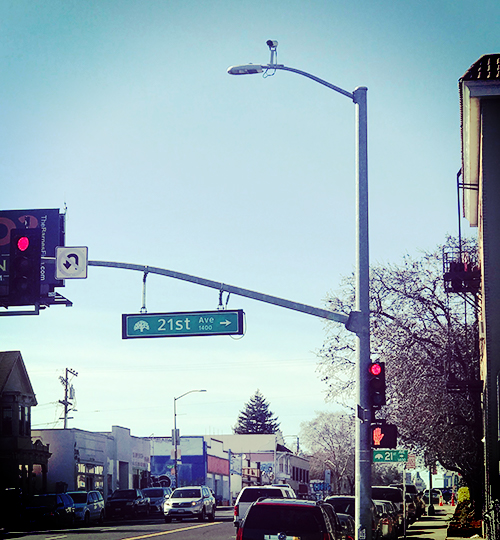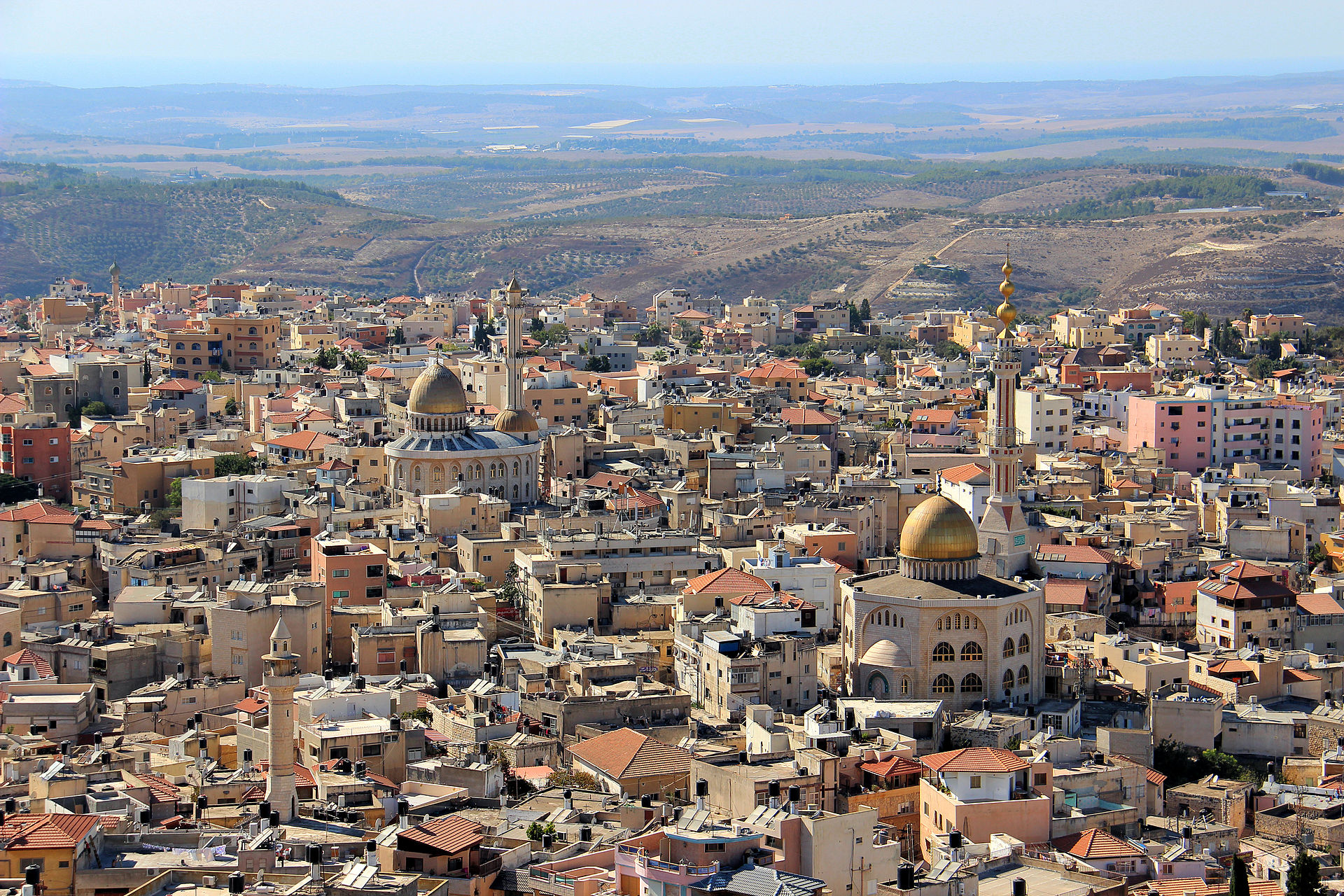Igbaras, Iloilo. Photo by sharpwine. Used with permission.[/caption] by Mark A. Velarga Excerpt from work in progress Until I was 7 years old, I lived in Lumangan in the Philippines, a small mountaintop village with a population of 640. All around me were mountains, dirt, and rice farmers—and my mother’s beautiful orchid trees rising at least 7 feet from the ground, filled with flowers covering the wooden fences that stretched throughout the edges of our front yard. One of my favourite things to do was to walk with my family to the marketplace about thirty-minutes away where we could buy toys, fruits, vegetables, and shampoo sachets because plastic bottles were too expensive to sell to the people that lived in the area. The marketplace also sold snacks, clothing and other necessities mountain dwellers like us needed. On those weekly walks, I used to be mesmerized by the beautiful scenery, and I wondered what lay beyond the mountains. The perfectly cone-shaped Napulak mountains in the distance were surrounded by dense fog clouds like in fantasy movies or landscape postcards. I imagined something magical going on there, a pristine place that no one would ever be able to reach. The elders from my town loved to tell stories about witches and elves that lived in mushrooms and giants that smoked under the trees. Nine years after my family immigrated to Canada, I returned to Lumangan for a visit. How strange it was to take a taxi there—my family would have never taken a taxi when we still lived there because taxis in the Philippines were for people with money, and my family certainly was not that. That was just the beginning of a long series of realizations that I was no longer that boy who had once lived there. The same farmers I used to see were still farming rice and the cousins I grew up with were still hanging out in the same places. The road was still made out of dirt, and the houses along the main street look more ragged than I remembered. The beautiful mountains full of magic and mystery I once thought was actually not at all pristine since there were other towns just like Lumangan that existed there. My weekly walk to the marketplace was actually a popular hiking trail by many foreigners that visited the area and this has apparently been going on for a very long time, even before I was born. I have watched many movies and documentaries about this—a person returning from places like the US or Canada after many years, and struggling to reconnect to his or her roots back home. I was now that person, finding that the home town in my memory no longer existed.
 Mark Velarga is a fourth year student majoring in International Studies and minoring in Economics and Human Geography. He has also been involved with The Underground Publication as an Assistant Photo Editor and has volunteered with the Royal Ontario Museum and Images Festival. Mark is very active in the tennis community working in organizations such as York Racquets Club, Davisville Tennis Club and is currently the Director of Public Relations in the U of T Tennis Club.]]>
Mark Velarga is a fourth year student majoring in International Studies and minoring in Economics and Human Geography. He has also been involved with The Underground Publication as an Assistant Photo Editor and has volunteered with the Royal Ontario Museum and Images Festival. Mark is very active in the tennis community working in organizations such as York Racquets Club, Davisville Tennis Club and is currently the Director of Public Relations in the U of T Tennis Club.]]>


